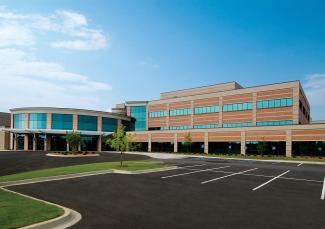The Urinary Tract
Your urinary tract includes your kidneys, ureters, bladder and urethra. Working together, these organs cleanse your body of waste. The kidneys remove extra water and waste from the blood by producing urine. The ureters are narrow tubes that carry urine from the kidneys to the bladder in the lower abdomen. The bladder stores urine until it is emptied through the urethra.





